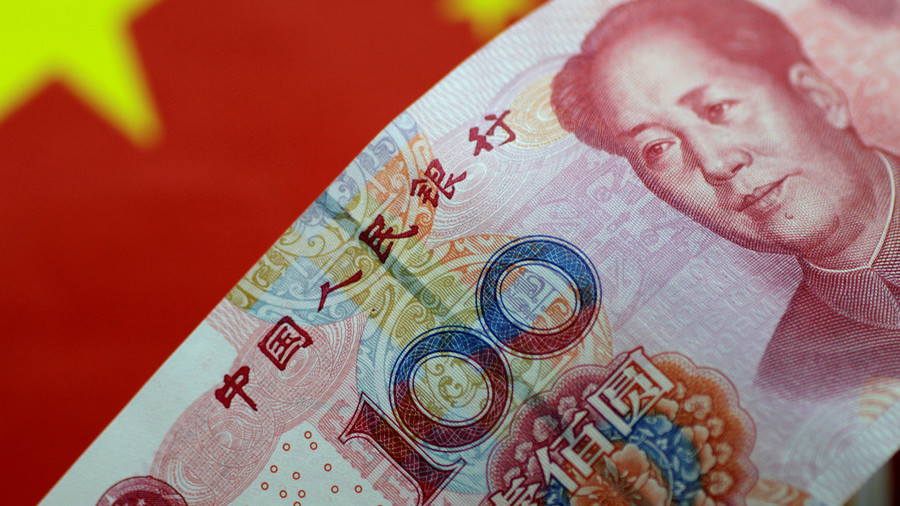New American sanctions boost Petro-Yuan contracts
August 8, 2018 | Expert Insights

The re-introduction of sanctions on Iran will enable China to spend more of its own currency in the international market without losing foreign reserves.
Background
Yuan is a unit of China’s national currency Renminbi, and colloquially referred to when trading in Chinese currency in International markets.
In 1974, the United States was reeling from a shaky economy and needs an injection of money to stabilize. It convinced Saudi Arabia, the largest producer of oil and the most powerful OPEC country to park their oil reserves in the US Dollar, implying that all international oil trade would be carried out using the US Dollar.
Saudi Arabia agreed to this Petro-Dollar arrangement and invested USD 117 Billion into the program. The Petro-Dollar arrangement continues to be the prime method for oil trade but the sanctions on Iran and Venezuela forced these countries to accept any currency except for the US Dollar. China capitalised on this situation and floated securities contracts based on the value of a barrel of oil in Yuan instead of the US Dollar.
Analysis
The withdrawal from the JCPOA allows the US to reimpose unilateral sanctions on Iran which come into effect on 8th August 2018 04:01 AM GMT. As Iran can no longer sell its oil for US Dollars, it must look to buyers who are willing to pay in other currencies such as Yuan or Rupee. The new sanctions will drive up the oil prices, but it is equally beneficially for China and the Yuan because they will no longer be required to purchase US dollars and lose precious foreign exchange. This has led to a surge in the value of Petro-Yuan contracts listed in Chinese stock exchanges by 5% on a day trading average.
In 2016, the International Monetary Fund (IMF) included the Yuan in the Special Drawing Rights (SDR) basket, granting it the status of a reserve currency. The increase in the value of the Petro-Dollar Contracts is one part of the overall impact of the new sanctions on oil producers; The larger picture is the Yuan rising in circulation in international markets as more countries will choose to purchase cheaper oil from Iran or Venezuela in Yuan instead of the US Dollar. The more Yuan is used for purchasing, the bigger a threat it becomes for the US Dollar, challenging the greenback’s status as the global reserve currency.
As of 2018, China is the world’s largest importer of crude oil, and therefore it is substantially easier for China to trade in their currency than a U.S. benchmark. The wider impact of this in the near future could be the steady erosion of American influence over the oil market, shifting the politics of OPEC in favour of Iran and Venezuela thereby threatening the stability of the global oil market. Cheaper oil for China will greatly benefit its Belt and Road Initiative (BRI) projects as it will have more foreign reserves to invest abroad as well as the opportunity to develop more efficient energy infrastructure to help transport Iranian oil.
Assessment
Our assessment of this situation is that China stands to become the largest beneficiary of the new sanctions on Iran and the planned sanctions on Venezuela due to be implemented by November 2018. We believe that not only China will be able to purchase oil at a substantial mark down from the US Dollar prices, but it will also simultaneously promote the global use the Yuan as an alternative to the US Dollar. However, we believe that the US Dollar and the Petro-Dollar system is far too ingrained in the international trade system to be replaced overnight or even over a period of five to ten years. The US Dollar as a global reserve currency has pervaded into every faucet of international trade and it enjoys unparalleled confidence of the world market.








Comments